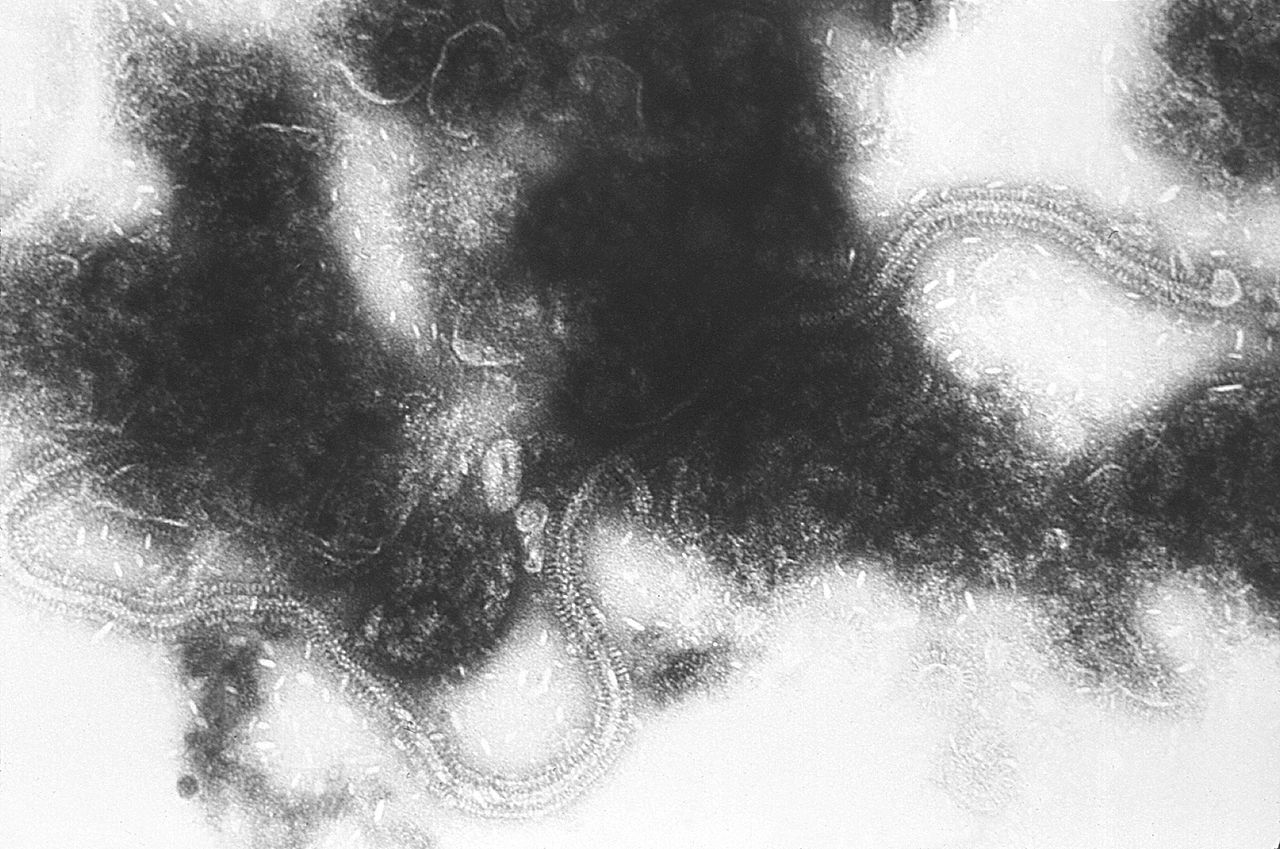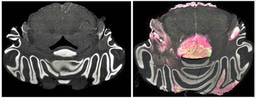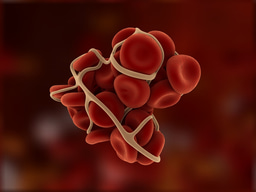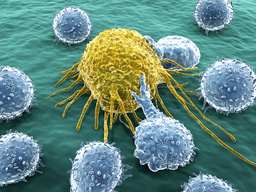Improving antibodies by random mutation
Published in Bioengineering & Biotechnology

The high specificity and biocompatibility of monoclonal antibodies have placed them at the center of modern targeted therapy. Whereas antibodies can direct drugs, nanoparticles and imaging tags to target tissues and cell populations with molecular precision, it’s their unique functional properties that enable their use as immunotherapies or vaccine surrogates against pathogens.
Antibody engineering—the design or improvement of monoclonal antibodies such as enhanced specificity, breadth of neutralization or half-life—can be achieved with directed approaches or with unbiased methods. As an example of directed antibody engineering, a known functional model (e.g. the Fc region) can be purposefully altered to increase, decrease or redirect an antibody’s biological mechanism. Conversely, a monoclonal antibody can be modified randomly to generate, by chance, antibody variants with improved biological performance.
One unbiased protein-engineering method that has been used to generate antibody variants is parsimonious mutagenesis. Starting with one antibody of interest, parsimonious mutagenesis describes the method by which a large number of antibody variants is generated by, for example, replacing amino acids in the complementarity-determining regions of the original antibody. The library of antibody variants can then be screened for desirable qualities, such as affinity for the target or neutralization capacity. Although parsimonious mutagenesis was first described as a method for antibody engineering in 1993, the advances in cell-culture technology over the past decades have eased the screening of the variants generated considerably.
Methods to improve antibody affinity and serum half-life are critical to develop clinical-grade antibody therapies, particularly when treatments available for a given indication have limited efficacy, as is the case for newborns at risk of infection with respiratory syncytial virus (RSV; the most prevalent viral infection of the lower respiratory tract causing disease in infants and young children). No vaccines for RSV have been licensed for use in humans; the alternative, particularly for infants too young to be able to generate an immune response to vaccination, is immunoprophylaxis with neutralizing antibodies, which bypasses the need for the immune system to generate its own antibodies. The humanized monoclonal antibody palivizumab can protect infants at risk of RSV infection to some extent, but the treatment regimen involves monthly injections, possibly owing to relatively low affinity and limited half-life in circulation.
In the search for a better alternative for infants at risk of developing RSV infection, a research team led by JoAnn A. Suzich, from MedImmune, developed MEDI8897*, a human antibody engineered by parsimonious mutagenesis to neutralize RSV subtypes A and B. The new antibody has over 50-fold higher activity than pavilizumab, and was significantly more potent at reducing pulmonary viral loads after prophylactic treatment of cotton rats infected with either RSV subtype A or B.
After selecting the antibody D25 identified previously in a functional screening against RSV, Suzich and colleagues substituted amino acids in the complementarity-determining region systematically to generate over 1,500 D25 variants; any non-germline residues generated that were predicted to be immunogenic were reverted to the original. In vitro neutralization assays led to the identification of MEDI8897* as the most potent variant. The researchers then analyzed how the changes to the antibody’s binding site affected the affinity for the RSV F protein (the target of D25) from different RSV subtypes, identifying the critical regions for target binding. The MEDI8897* antibody was also modified at the level of its Fc region by substitution of three amino acids in an attempt to improve pharmacokinetics parameters; the modification resulted in a three-fold improvement of half-life over the parental antibody D25 when tested in cynomolgus monkeys.
MEDI8897* has the potential to become an efficacious alternative to current prophylactic treatments against RSV infection, but in a wider context this study also illustrates how unbiased protein engineering can generate antibodies with superior biological activity. Given the ever increasing power of the technology used for functional screening in vitro, the assembly of large libraries of antibody variants for the sole purpose of increasing desirable properties could be a reliable strategy.
Highlighted paper:
Further reading:
For a collection of articles published across Nature Research: Antibody engineering. Nature Milestones: Antibodies.
Banner image credit: CDC/ Dr. Erskine Palmer





Please sign in or register for FREE
If you are a registered user on Research Communities by Springer Nature, please sign in